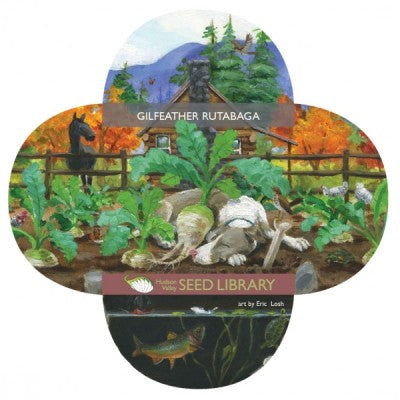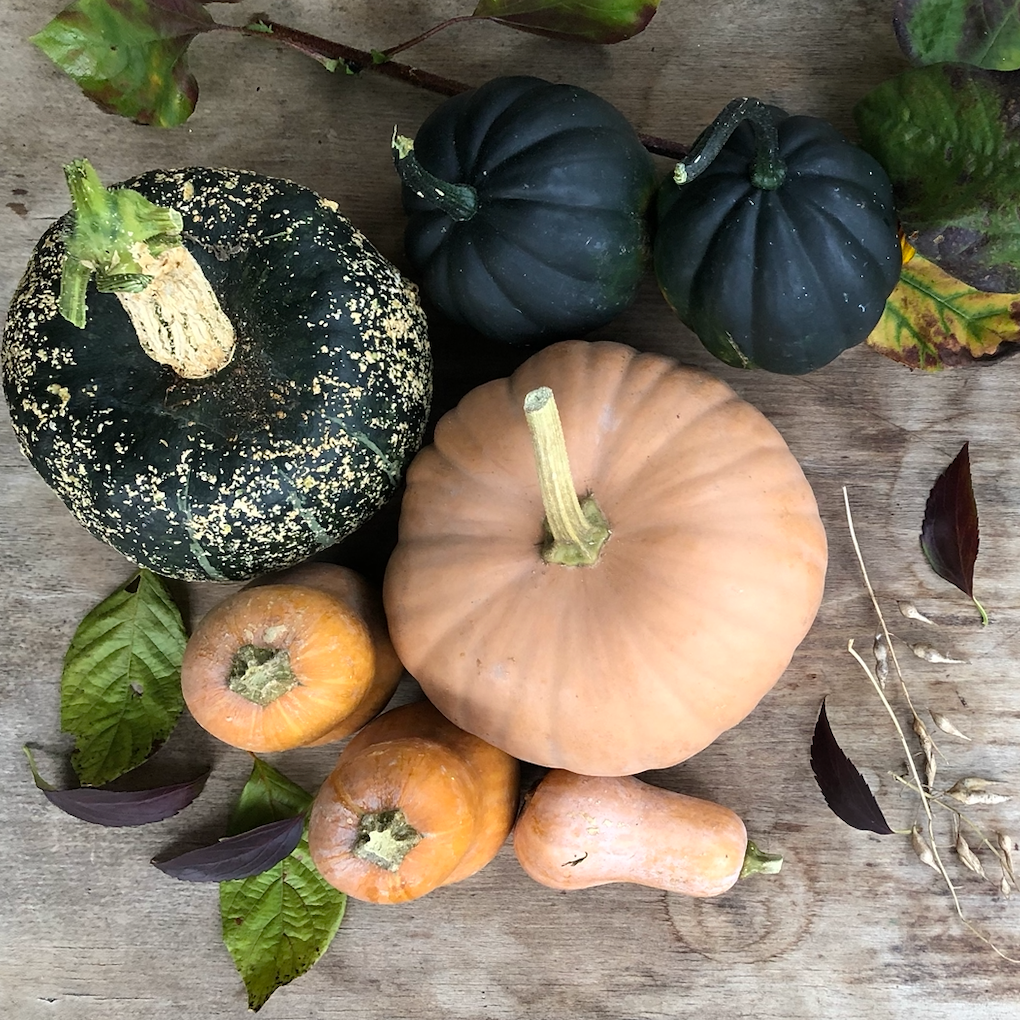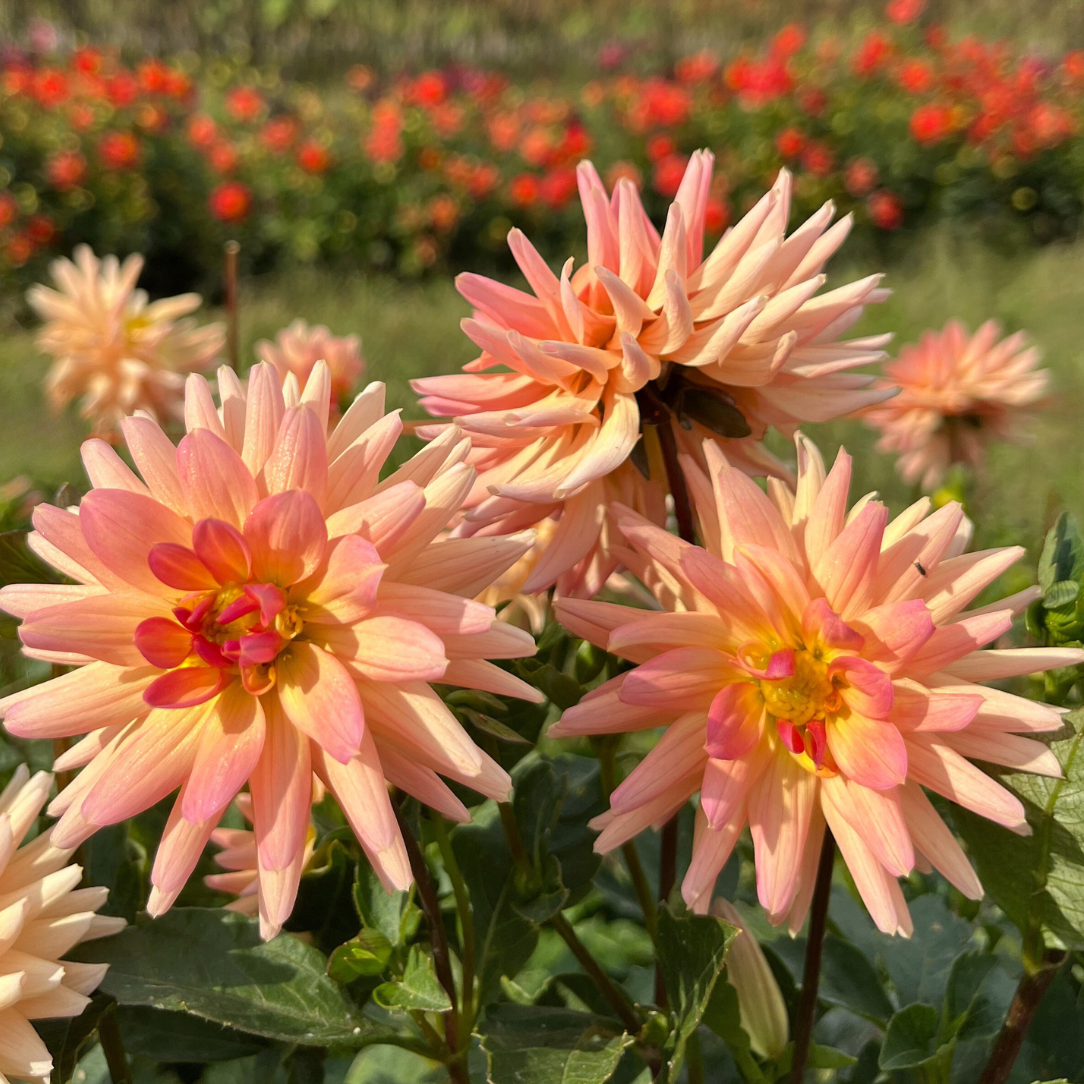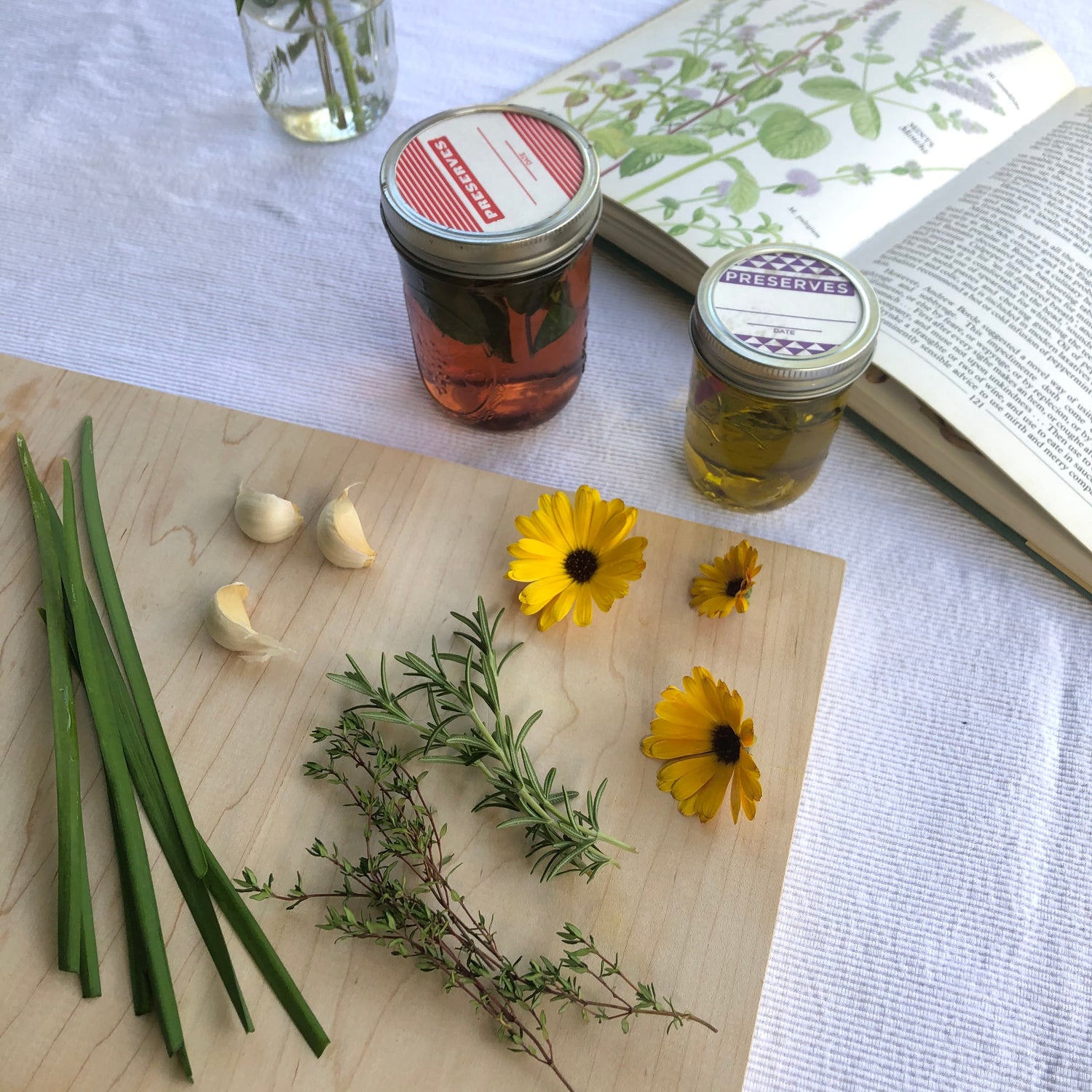 Brassicas are the work-horses of the edible vegetable kingdom. They may not be as glamorous as, say, flashy tomatoes or sweet watermelons, but they feed gardeners around the world from spring to fall, store through the winter, and can be cooked or preserved in every way imaginable.The Brassica plant genus is huge and diverse, encompassing many garden staples like kale, collards, broccoli, cabbage, Brussels sprouts, Asian greens, Mustard greens, turnips, rutabagas, radishes, kohlrabi, and cauliflower, to name a few. The genus contains more food plants than any other genus. We've written about specific Brassica varieties before, such as kale, broccoli, and cabbage, but haven't said much about the plant family as a whole. To know your Brassicas better, we've gathered essential Cruciferous Cole Crops Lexicon guide:
Brassicas are the work-horses of the edible vegetable kingdom. They may not be as glamorous as, say, flashy tomatoes or sweet watermelons, but they feed gardeners around the world from spring to fall, store through the winter, and can be cooked or preserved in every way imaginable.The Brassica plant genus is huge and diverse, encompassing many garden staples like kale, collards, broccoli, cabbage, Brussels sprouts, Asian greens, Mustard greens, turnips, rutabagas, radishes, kohlrabi, and cauliflower, to name a few. The genus contains more food plants than any other genus. We've written about specific Brassica varieties before, such as kale, broccoli, and cabbage, but haven't said much about the plant family as a whole. To know your Brassicas better, we've gathered essential Cruciferous Cole Crops Lexicon guide:
Brassica: plant members of the Brassicaceae genus, which contains about 3,700 species that hail from all around the world. Many of the edible Brassicas originate from near the Mediterranean.
Cruciferous: an older name for the Brassica genus, meaning cross-bearing, and referring to the cross-like form of Brassica flowers.
Cole crops: a common name for Brassicas, deriving its meaning from the Latin "caulis" or stalk.
B. rapa: is a species that includes turnips, Napa cabbage, broccoli raab, Mizuna, Bok Choy, Tatsoi, and other Asian greens. Usually harvested for its leaves, B. rapa is widely grown in Asia and is believed to be the oldest of the cultivated Brassica species. B. rapas we love include: Shanghai Baby Bok Choy, Komatsuna, Mizuna, Savoy-Leaved Tatsoi, Spring Raab, and the Scarlet Ohno Revival Turnip.
B. juncea: includes all the Brassicas of mustardy flavors, which are usually grown for greens or for seeds (for oil production), and are popular in cuisines across the world. Some of our favorites are: Green Wave Mustard and Red Giant Mustard.
B. napus: likely native to Eurasia, but with such a long history of cultivation that the origins are unclear, B. napus species includes rutabagas, Siberian kale, and, oil derived from rapeseeds - Canola oil. We love Gillfeather Rutabagas and Siberian Kale.





